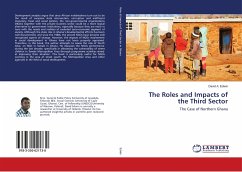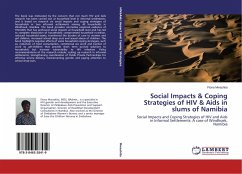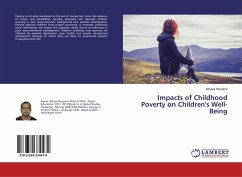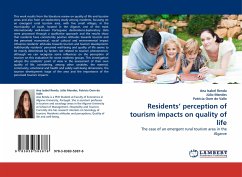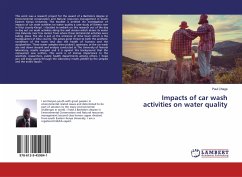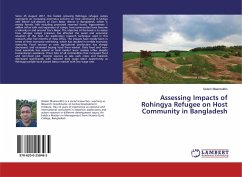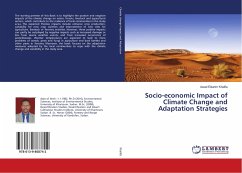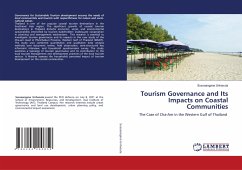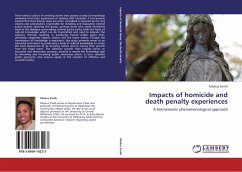
Impacts of homicide and death penalty experiences
A hermeneutic phenomenological approach
Versandkostenfrei!
Versandfertig in 6-10 Tagen
52,99 €
inkl. MwSt.

PAYBACK Punkte
26 °P sammeln!
There exists a culture of surviving victims who possess a body of knowledge stemming from their experiences of dealing with homicide. It has become evident that their diverse views are often unrealized or ignored by the very citizens and policymakers responsible for initiating and evaluating criminal justice policies. Ignoring this group, perhaps those who could contribute most to the dialogue surrounding criminal justice policy, limits the body of cultural knowledge which can be transmitted and used to educate the citizenry, thereby resulting in producing flawed public policy that, ultimately...
There exists a culture of surviving victims who possess a body of knowledge stemming from their experiences of dealing with homicide. It has become evident that their diverse views are often unrealized or ignored by the very citizens and policymakers responsible for initiating and evaluating criminal justice policies. Ignoring this group, perhaps those who could contribute most to the dialogue surrounding criminal justice policy, limits the body of cultural knowledge which can be transmitted and used to educate the citizenry, thereby resulting in producing flawed public policy that, ultimately, negatively impacts citizens and the entire nation. Though the transmission of knowledge is important, this study primarily serves as an educative instrument by producing a body of cultural knowledge to enrich the lived experiences of six surviving victims and to convey their growth from the tragic event. The collective growth from tragedy serves an educative and democratic purpose, becauseit mends the knowledge gap by informing and increasing public awareness which, in turn, dissolves public ignorance and ensures equity in the creation of effective and successful policy.



